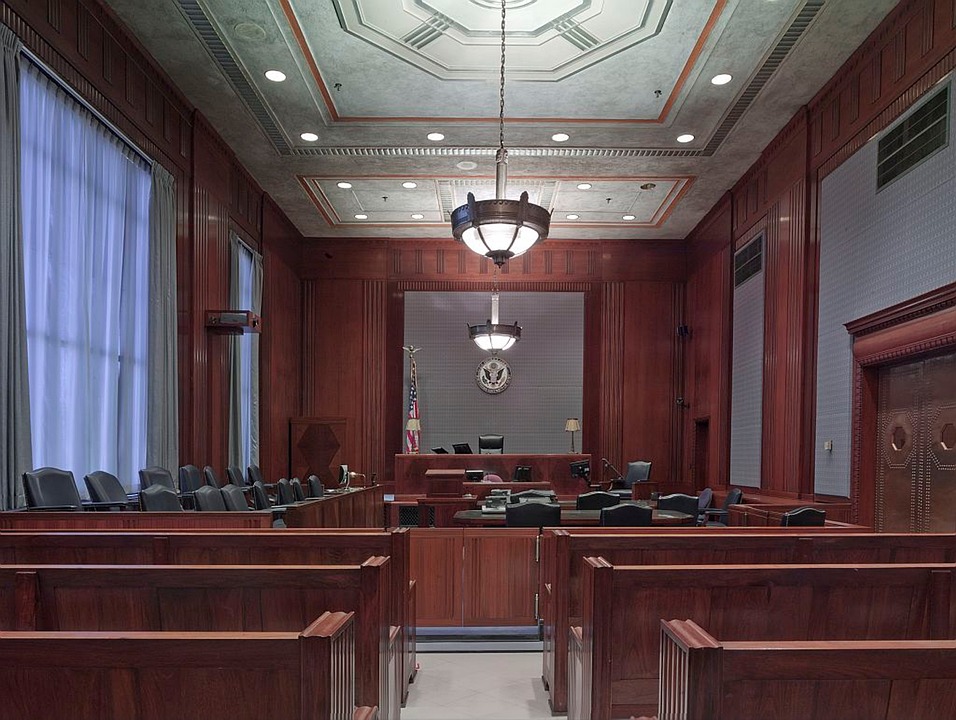Introduction
The jury selection process, also known as voir dire, plays a crucial role in ensuring a fair and impartial trial. However, there are several controversies and ethical considerations that arise during this process. From questions about bias and discrimination to concerns about the diversity of the jury pool, the selection of jurors is a complex and sometimes contentious issue in the legal system.
Bias in Jury Selection
One of the most significant controversies in the jury selection process is the issue of bias. Jurors are expected to be impartial and free from any preconceived notions or prejudices that may impact their ability to objectively evaluate the evidence presented in a case. However, it can be challenging to determine if a potential juror is truly unbiased.
During voir dire, attorneys for both the prosecution and the defense have the opportunity to question potential jurors to uncover any biases they may hold. This can include questions about the juror’s beliefs, experiences, and personal connections that may influence their decision-making.
Racial Discrimination
One of the most contentious issues surrounding jury selection is the potential for racial discrimination. Research has shown that racial minorities are often underrepresented on juries, which may impact the fairness of the trial. Additionally, there have been cases where jurors have been removed from the jury pool based on their race, a practice that is unconstitutional.
In recent years, there have been efforts to address this issue, including legislation that prohibits the removal of jurors based on their race. However, racial discrimination in jury selection remains a significant concern that must be addressed to ensure a fair and impartial trial for all parties involved.
Socioeconomic Bias
Another form of bias that can impact the jury selection process is socioeconomic bias. Studies have shown that individuals from lower-income backgrounds are less likely to serve on juries, which may skew the composition of the jury pool. This lack of diversity can have a significant impact on the outcome of a trial, as jurors from different socioeconomic backgrounds may view the evidence presented in a case differently.
Efforts to increase the diversity of the jury pool have been made, including outreach programs to encourage individuals from all socioeconomic backgrounds to serve on juries. However, socioeconomic bias continues to be a concern that must be addressed to ensure a fair and impartial trial.
Ethical Considerations in Jury Selection
In addition to the controversies surrounding bias in jury selection, there are several ethical considerations that must be taken into account during the voir dire process. Attorneys and judges must adhere to certain ethical standards to ensure that the rights of both the defendant and the prosecution are protected.
Confidentiality
One of the key ethical considerations in jury selection is maintaining the confidentiality of the process. Jurors are asked to provide personal information during voir dire, including details about their beliefs, experiences, and connections. It is essential that this information remains confidential to protect the privacy of the jurors and ensure that their responses are honest and unbiased.
Attorneys and judges are responsible for safeguarding this information and taking steps to prevent it from being improperly shared or used inappropriately. Failure to maintain confidentiality during the jury selection process can undermine the fairness of the trial and compromise the integrity of the legal system.
Impartiality
Another ethical consideration in jury selection is the need for jurors to remain impartial throughout the trial. Jurors are expected to base their decisions solely on the evidence presented in court and not be influenced by outside factors or personal biases. However, it can be challenging to ensure that jurors remain impartial, especially in high-profile or emotionally charged cases.
Attorneys and judges play a critical role in reminding jurors of their duty to remain impartial and to refrain from discussing the case with others or researching it online. Efforts to minimize outside influences and protect the jurors’ impartiality help to ensure a fair trial and uphold the principles of justice.
Conclusion
The controversies and ethical considerations in the jury selection process highlight the complexity and importance of this aspect of the legal system. From concerns about bias and discrimination to the need for confidentiality and impartiality, the selection of jurors is a critical step in ensuring a fair and impartial trial.
Efforts to address these issues, including increasing diversity in the jury pool and upholding ethical standards, are essential to upholding the integrity of the legal system and ensuring that justice is served. By recognizing and addressing the controversies and ethical considerations in jury selection, we can work towards a more just and equitable legal system for all.



